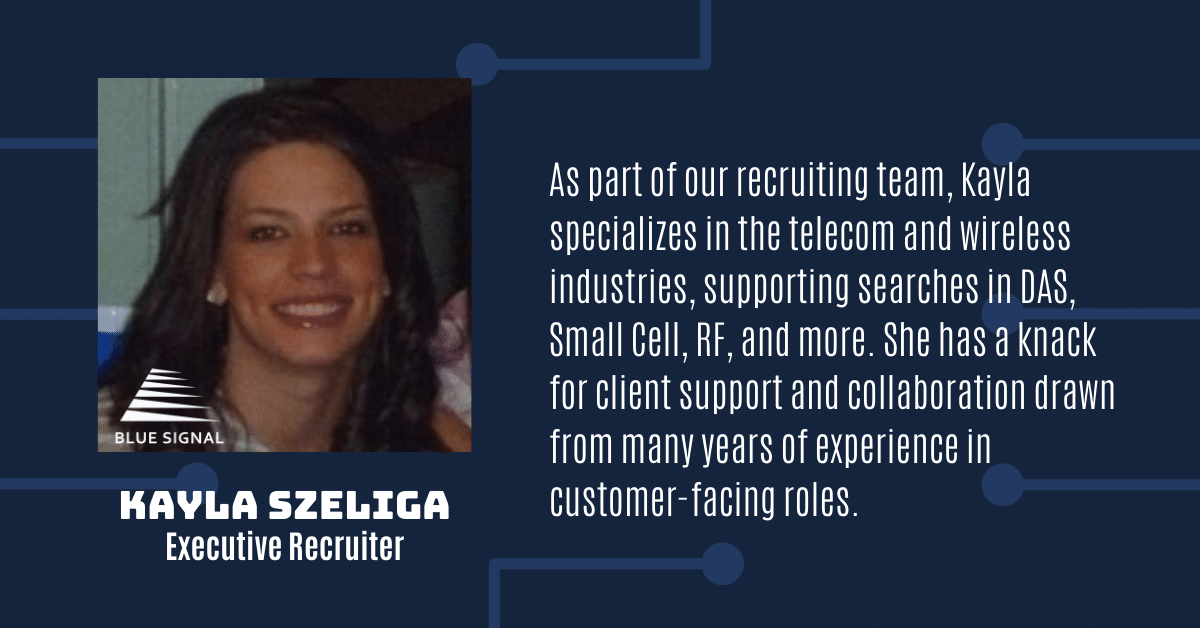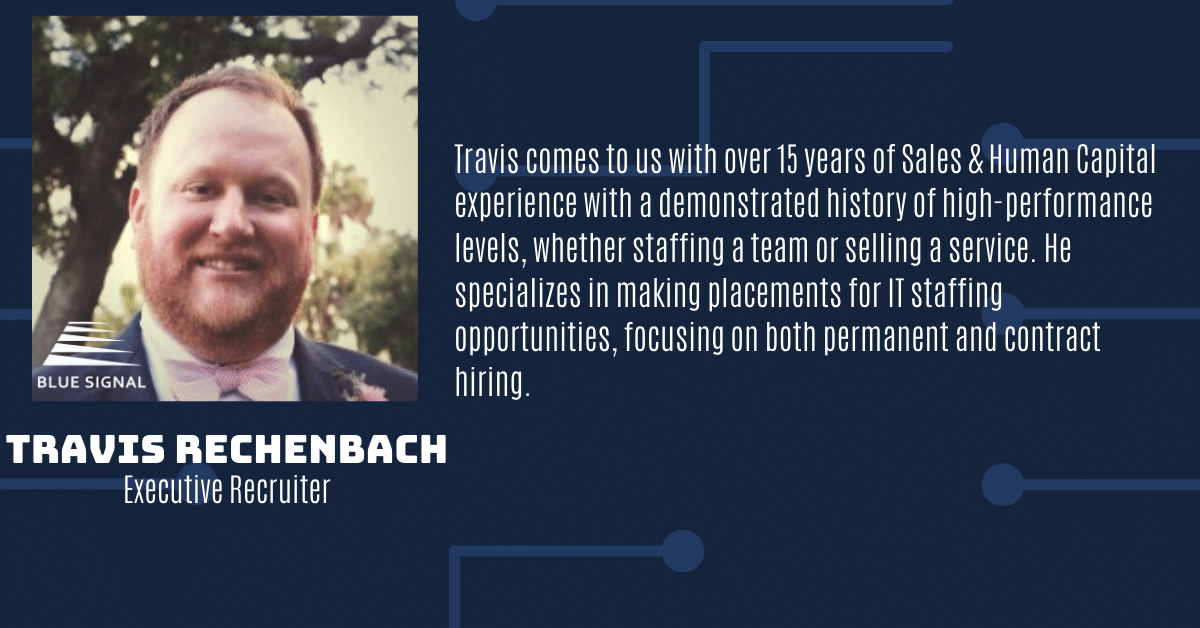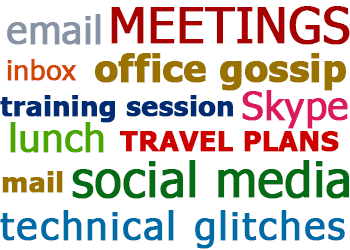You’ve landed a new job, congratulations -- the hardest part is over! While surviving the interview process is something to celebrate, it’s important to keep up your A-game as you start your new role. Whether it’s applicants exaggerating on their resumes or employers overselling a role, it’s estimated that 20% of employee turnover happens in the first 90 days.
But - no stress. They hired you for your abilities, and you should have everything you need to be successful! To ensure the best trajectory, read these simple ways to make sure that you make the most out of your first few days on the job.

#1: Map out your commute so you can arrive early.
Arriving on time to work is expected, but arriving early shows your boss and colleagues that you’re serious about getting the job done. Make sure you map out the best route, account for traffic, and leave earlier than you think necessary to ensure you’re not left scrambling. Basically, live by the phrase “on time is late” until you get the hang of the new commute.
#2: Dress to impress.
Even if your workplace has a casual atmosphere, dressing nicer on the first day helps to make you feel like you’re fit for the job. The last thing you would want is to under-dress and stand out in that negative way. Wear something that you feel comfortable in and shows off a little bit of your personality, while still looking professional and polished.
#3: Learn your coworkers’ names.
The people you’ll be working with are going to be key for getting the lay of the land. They can help answer questions when needed and build your sense of morale for your time at the company. It’s important to learn their names and let them know you’re interested in getting to know them. After all, you’ll be spending quite a bit of time together from here on out.
#4: Skip the sack lunch and go out to eat with your new team.
Take learning the names of your coworkers a step further and invite them out to lunch on day one. This will help establish those key relationships from the very beginning and help you down the line. Ask your new coworkers about the culture, any tricks of the trade, or what they wish they had known on their first days.
#5: Ask questions and take notes.
Your first day is going to be a whirlwind. Don’t be afraid to ask questions and write down anything that you think will be important in the future. Preparing questions as simple as, “What will be expected from me in my first 30 days here?” will help clear up any confusion with your responsibilities. You’ll be happy you asked for clarity, and your new supervisor will be impressed with your initiative.
#6: Be courteous and grateful to everyone who helps you throughout the day.
There will be a lot of established staff members taking time out of their days to help you learn the ropes. Make sure you are courteous of their time and thank them for helping you out. Sending a thank you email or, even better, writing a handwritten note to anyone who helps you out your first week is a simple gesture that can go a long way with making first impressions in your new role.
#7: Smile and be yourself!
Being yourself is the most important aspect of starting a new career - you want to make sure that you’re the same person on day 1 as day 100. It’s important to not let the stress of a new job get to you -- they hired you for a reason! Taking the time to smile and let your personality come through on the first day is the easiest way to make a good first impression and smoothly transition into your new role.
To make the transition even easier, Blue Signal goes beyond placements to provide new hire support, including offer negotiation, resignation preparation, company transition coaching, and further support throughout our candidate’s entire first year on the job. If you are looking for more support in that next step of your career, contact Blue Signal today to get a friend in the game, and make your next new role the best yet.















